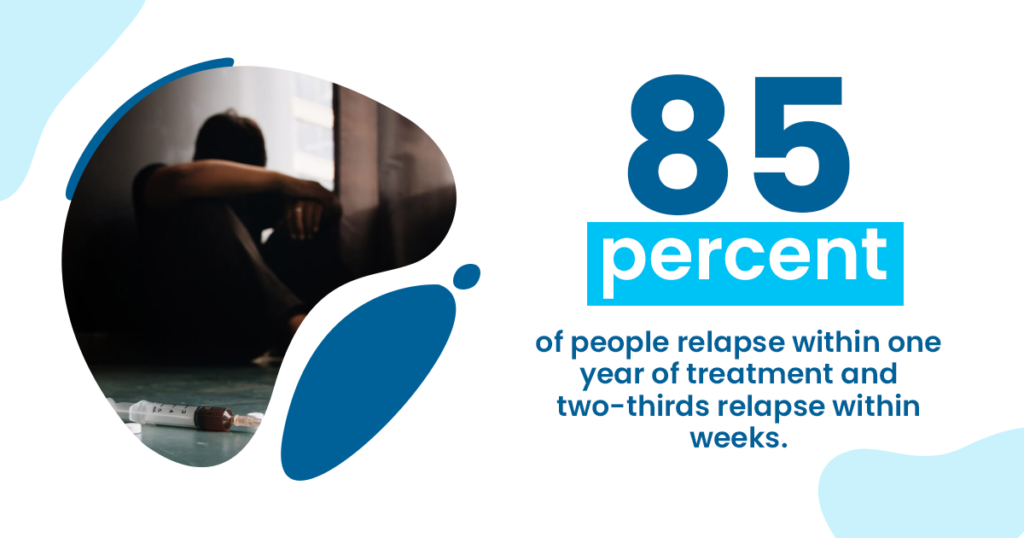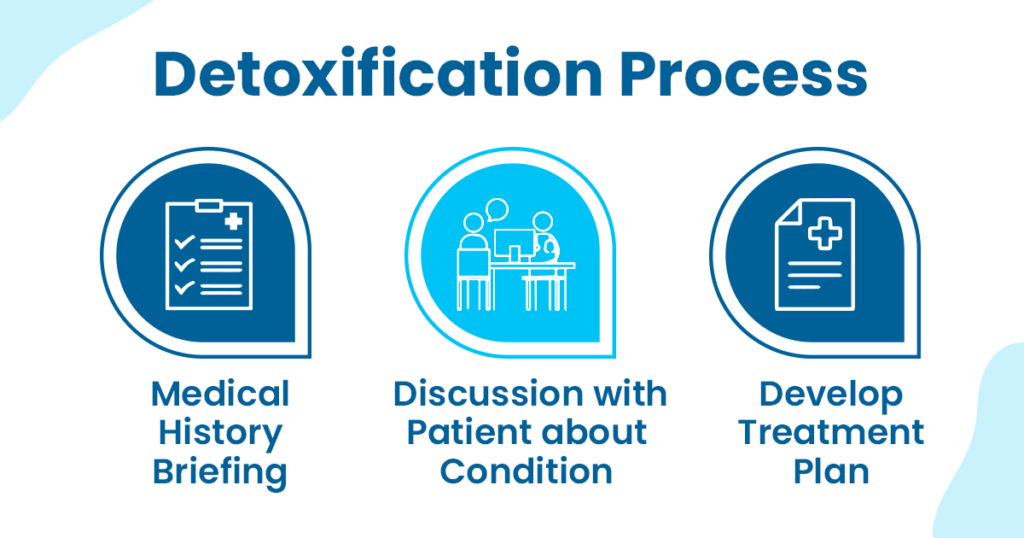
Detoxification is a medical procedure for the body that removes dangerous levels of toxins from substances an individual has misused. This procedure can be performed in a hospital and usually involves a combination of therapies. Detoxification is the best treatment for chronic inflammation, which contributes to cardiovascular disease, cancer, and type 2 diabetes.
The Haven Detox is one of the best facilities in South Florida that has treated thousands of addicted patients through our different comprehensive treatment options.
Before starting an alcohol detox treatment, a medical team will conduct a complete evaluation and medical exam. This will help them form an accurate picture of your health needs. They will collect your medical history and details about your addiction so they can create a personalized treatment plan for you. The medical team will also monitor your physical condition during detoxification to ensure your safety. Multiple therapies typically accompany an overall medical detox program. Read more to learn more about the process of detoxification.
Why Detox Is Called “The First Step Toward Recovery”?
In the detox process at Haven Detox, our supervised staff begins with an assessment to determine your specific treatment needs. In this stage, medical professionals will evaluate your medical history and examine your physical, mental, and emotional health. They will also do blood tests to determine the level of drugs in your system. Detox is a crucial step in decreasing severe withdrawal symptoms and reducing the risk of medical emergencies.
After completing a detox program at a treatment facility, patients attend behavioral therapies, receive medication, and eventually get involved in aftercare programs that prevent relapse after treatment. This is why detox is often referred to as the first step toward recovery.
You can customize the detox process for your needs, but most programs follow a seven-day schedule and involve fasting on liquids for two days. Then, a carefully planned five-day detox diet should follow; allowing your digestive system a rest is the best option.
How Long To Detox From Alcohol?
The average rate of alcohol elimination is 0.015 per hour. Your body will take roughly 5.5 hours to absorb and get rid of the alcohol you consume if your blood alcohol concentration is 0.08 or higher. Alcohol poisoning can occur when a person drinks a lot of alcohol in a short period.
What Is The Process Before Going Into Detoxification?
If you are suffering from alcohol addiction or other substance abuse, you need to consider detox in a supervised facility like The Haven. Before undergoing detoxification, patients must fill out a detailed form and be honest about their health. If they fail to provide accurate information, their withdrawal symptoms can worsen, leading to a more unpleasant detox experience. Our trained counselor will discuss the patient’s medical condition, use history, and work with them to develop a treatment plan for alcoholism.
What Is The Difference Between Inpatient Or Outpatient Detox?
Inpatient and outpatient detox programs offer 24-hour support. Outpatient facilities are not as intensive and do not require overnight stays. However, inpatient programs are generally recommended for patients with severe addiction. Inpatient programs provide intensive care and can prepare them for other treatments.
How To Minimize Withdrawal Symptoms Through Detox?
During detox, patients experience withdrawal symptoms such as headaches, shakiness, fatigue, anxiety, etc. While these symptoms may last several weeks, they are mild and treatable with medications. Some people may experience post-acute withdrawal syndromes, such as seizures and hallucinations, which can last for several months or a year.
In some extreme cases, the withdrawal symptoms can be life-threatening. The symptoms can also be accompanied by fever or hypertension. The duration of these symptoms will depend on the type of substance used.
A medically-supervised detox is a great way to minimize withdrawal symptoms so patients can focus on their treatment and recovery. Our treatment professionals will monitor the patient and provide medication to help them overcome the discomforts of withdrawal.
How Long Is The Detox Process?
Depending on the substance abuse, the detox process can take a week to several months. It also varies from person to person, as different substances remain in the body longer. While detoxing from alcohol use disorder and drugs is typically fast, many individuals struggle with cravings for weeks or even months.
Withdrawal symptoms peak anywhere from 12 to 30 hours after a person stops using them. Physical symptoms may include nausea, diarrhea, and bone pain. After this period, these symptoms should subside. Withdrawal symptoms may accompany sleeplessness, high blood pressure, and heart palpitations.
Is Detox the Same For Alcohol and Other Drugs?
Detox is the process of safely withdrawing a person from alcohol use without the need to enter a hospital inpatient or residential unit. Recent studies have found that community detoxification is more effective than inpatient detoxification and has comparable completion rates. In addition, community detoxification is less expensive than inpatient detox.
Because of the stigma associated with severe alcoholism, it is essential to approach patients with non-judgmental attitudes and use motivational interviewing techniques to establish a rapport with them.

Can I Detox at Home?
Fortunately, home detox is feasible in many cases but should not be attempted in severe cases as it can be fatal. Although the withdrawal symptoms of alcohol abuse can be mild, it can be dangerous if you do not have proper medical support.
Anticonvulsant medication a medical professional provides can help patients cope with withdrawal symptoms and prevent seizures. It is important to note that the substance determines the type of medication used for withdrawal. Benzodiazepines are a common choice and may be administered to reduce the severity of the symptoms. These drugs have the potential to be addictive, so they must be monitored carefully.
What Are the Chances of Relapse After Detox?
During detox, many people struggle to stay sober. Unfortunately, many of them do not seek out the necessary support. As a result, 85 percent of people relapse within one year of treatment, and two-thirds relapse within weeks. The painful withdrawal can make it difficult for individuals to resist their urge to drink to alleviate their symptoms. Detoxing in a substance-free environment with around-the-clock medical support is your best option for a successful recovery.
The Haven Offers a Safe and Comfortable Space to Detox
If you or a loved one is battling addiction and seeking treatment, The Haven provides a safe and comfortable environment for patients to recover. Our team understands the withdrawal challenges and will provide the medical care and support needed to aid with uncomfortable symptoms.
Medical detox can significantly make symptoms more manageable and ease the recovery process overall. The Haven rehab offers a comprehensive approach to recovery. Our experts help patients develop the skills they need to deal with the stresses of addiction outside of the facility to prevent relapse.
Our home-like facility will offer counseling, peer support, and a safe environment away from triggers. Many of our programs provide ongoing community support resources. To get more information about our services, contact us at (561) 328-8627.






